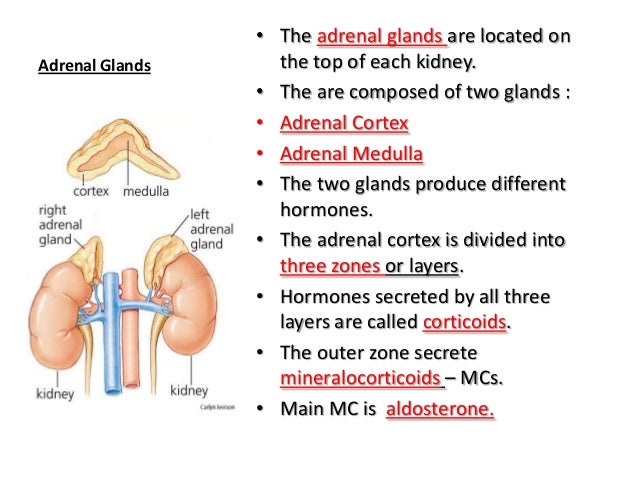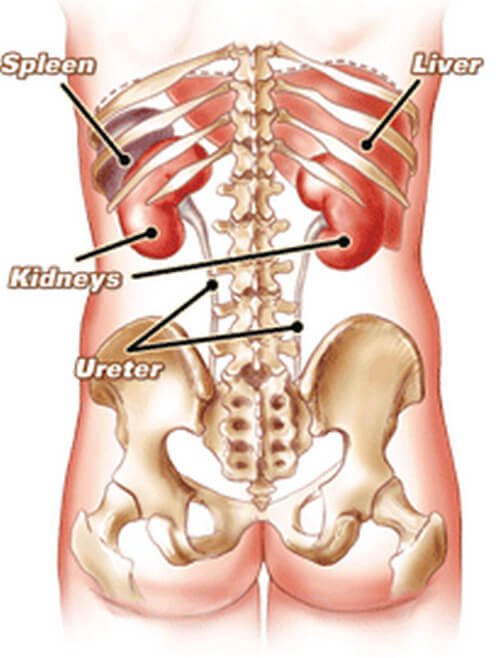
Think of a hormone as a key and the cells of its target tissue, such as an organ or fat tissue, as specially shaped locks. Often, a bodily process involves a chain reaction of several different hormones.Ī hormone will only act on a part of your body if it “fits” - if the cells in the target tissue have receptors that receive the message of the hormone. Hormones are chemical messengers that affect and manage hundreds of bodily processes. Because of this, minor changes in levels can cause significant changes to your body and lead to certain conditions that require medical treatment. With hormones, a little bit goes a long way.

Hormones are essential for life and your health.

These signals tell your body what to do and when to do it. The antidiuretic hormone vasopressin is also secreted by the hypothalamus.Hormones are chemicals that coordinate different functions in your body by carrying messages through your blood to your organs, skin, muscles and other tissues. The hormone oxytocin plays an important role in uterine contractions and lactation. and inhibit the production of prolactin (by releasing dopamine), growth hormone (by releasing somatostatin), etc. Hormones released by the hypothalamus stimulate the release of other hormones like thyrotropin, prolactin, gonadotropin, corticotropin, growth hormone, etc. It also leads to disturbances in the brain. Dysfunction of the hypothalamus results in depression or abnormal responses to stress. As we grow older, hypothalamus requires support to maintain optimum level of performance. Located near the pituitary gland at the basal part of the skull (above the brain stem), it controls pituitary secretions.Īll the automatically adjusted factors such as hunger, thirst, sleep, emotional behavior such as anger and sexual activity, body temperature, blood pressure, function of the cardiovascular system (heart rate), and abdominal visceral regulation are controlled by the hypothalamus. It plays an important role in certain metabolic processes.

The autonomic nervous system is governed by the hypothalamus. Hypothalamus (part of the brain) is known as the ‘control and relay center of the endocrine system’. The hypothalamus controls pituitary secretions


 0 kommentar(er)
0 kommentar(er)
